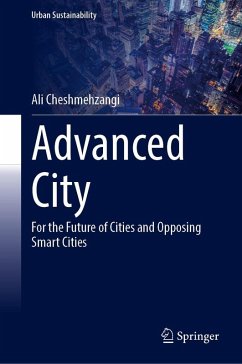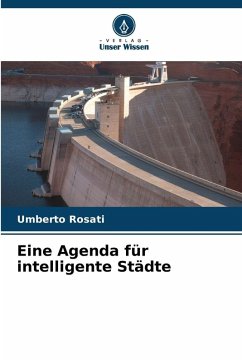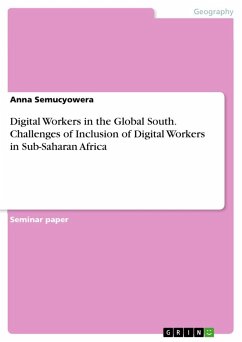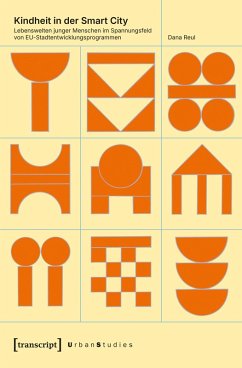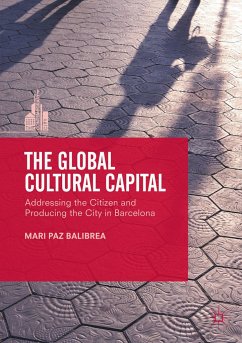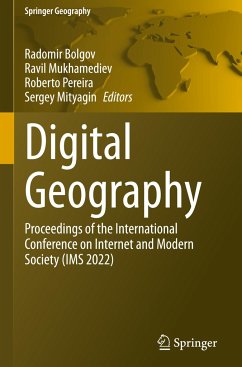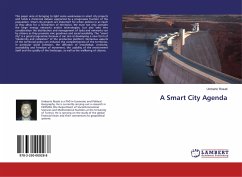
A Smart City Agenda
Versandkostenfrei!
Versandfertig in 6-10 Tagen
24,99 €
inkl. MwSt.

PAYBACK Punkte
12 °P sammeln!
This paper aims at bringing to light some weaknesses in smart city projects and holds a rhetorical debate supported by a progressive fraction of the population. Smart city projects are important for urban policies in as much as they allow for a reinvention of territories. We must not only consider the large energy networks and/or technologies, but also take into consideration the distribution and management of tasks and networks run by citizens as they promote civic goodness and social sensibility. The "smart city" is a good programme because it can aim at developing a new form of "modernity a...
This paper aims at bringing to light some weaknesses in smart city projects and holds a rhetorical debate supported by a progressive fraction of the population. Smart city projects are important for urban policies in as much as they allow for a reinvention of territories. We must not only consider the large energy networks and/or technologies, but also take into consideration the distribution and management of tasks and networks run by citizens as they promote civic goodness and social sensibility. The "smart city" is a good programme because it can aim at developing a new form of "modernity and civilization" of the productive platform. Numerous aspects of the territorial policy can enhance the competitiveness of the territories, in particular social cohesion, the diffusion of knowledge, creativity, accessibility and freedom of movement, the usability of the environment itself and the quality of the landscape, as well as the wellbeing of citizens.



